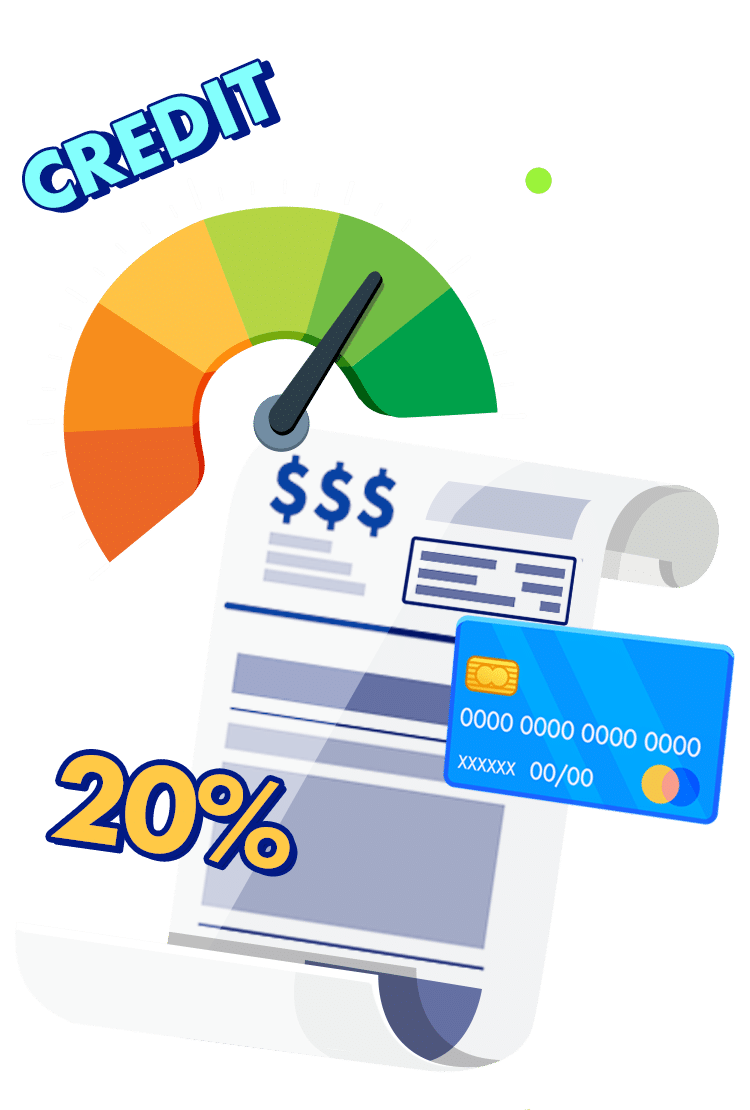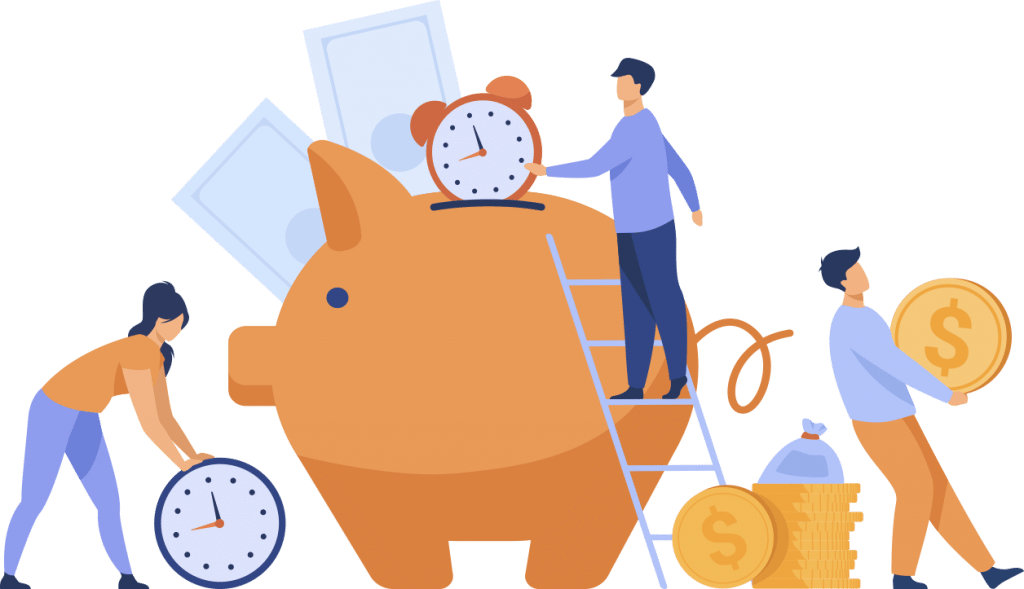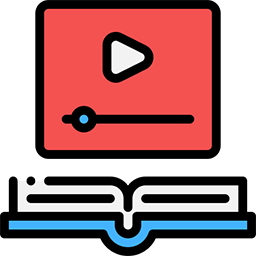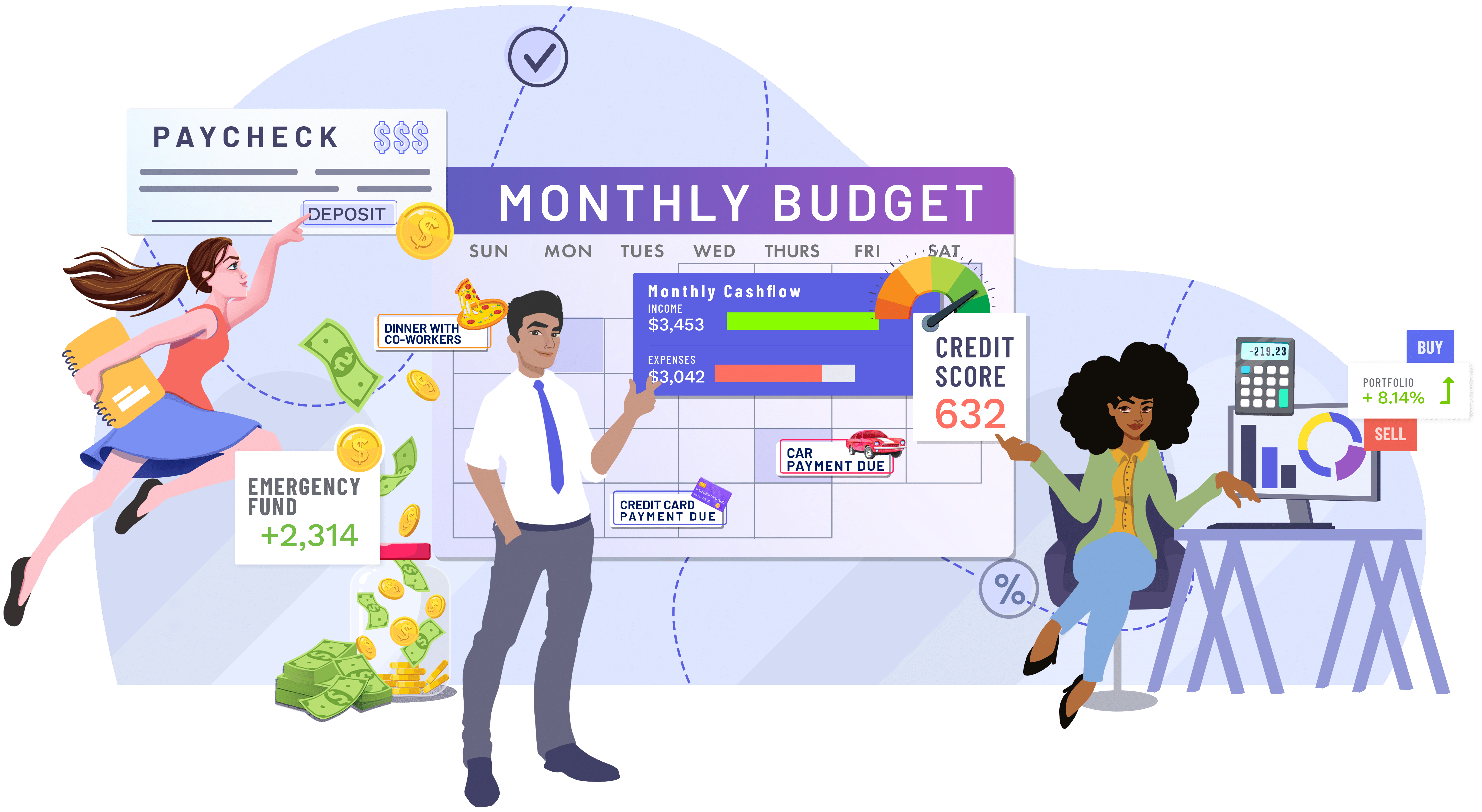Life is full of surprises, but not all of them are pleasant, especially when it comes to our finances. Unexpected expenses, also known as “Spending Shocks,” can derail even the most carefully crafted budgets, leaving you scrambling to cover the cost. According to CBS, over 60% of Americans would struggle to handle a $500 spending shock. So, how can you protect yourself from the financial fallout of these unforeseen expenses?
Before we delve into strategies for managing spending shocks, take a moment to watch PersonalFinanceLab’s latest video, which is part of a larger lesson on preparing for unexpected expenses. In this video, you’ll discover practical tips and expert advice on how to prepare for and mitigate the impact of unexpected expenses on your finances.
Once you’ve watched the video, you’ll have a clear understanding of the two main types of spending shocks: Budgetable and Unbudgetable. Budgetable spending shocks are those predictable expenses that occur irregularly but can be anticipated with some planning, such as holiday gifts or annual car maintenance. On the other hand, unbudgetable spending shocks are unforeseen expenses that catch us off guard, like sudden medical bills or emergency home repairs.

Strategies for Preparation:
- The Rainy-Day Fund: Learn how to establish and maintain a rainy-day fund—a dedicated savings account designed to cushion the blow of unexpected expenses.
- Emergency Credit Card: Explore the concept of an emergency credit card and how it can serve as a valuable tool for covering unexpected expenses when other funds fall short.
- Borrow from Savings: Understand the risks and considerations associated with borrowing from your savings account to cover a spending shock. Our video above offers insights into when and how to use this option responsibly while safeguarding your long-term financial goals.
Preventing Spending Shocks

While it’s impossible to predict every financial curveball life may throw your way, there are steps you can take to minimize the risk of spending shocks:
- Regular Budget Reviews: Dedicate time each month to review your budget and identify any upcoming expenses that could be considered budgetable spending shocks. Adjust your budget accordingly to accommodate these costs.
- Routine Maintenance: Proactively maintain your belongings, such as scheduling regular vehicle check-ups or inspecting your home for potential issues. Addressing minor problems early can prevent them from escalating into costly emergencies.
Explore Further: Lessons on Spending Shocks

Ready to dive deeper into the topic of planning for unexpected expenses? PersonalFinanceLab offers a comprehensive lesson on the same subject, providing additional resources to help you strengthen your finances and be better prepared for unexpected situations.
Note: The above video is part of a larger lesson. Teachers need a login to PersonalFinanceLab to access the lesson. If you haven’t already, you can sign up for the Teacher Test Drive to view it.)
